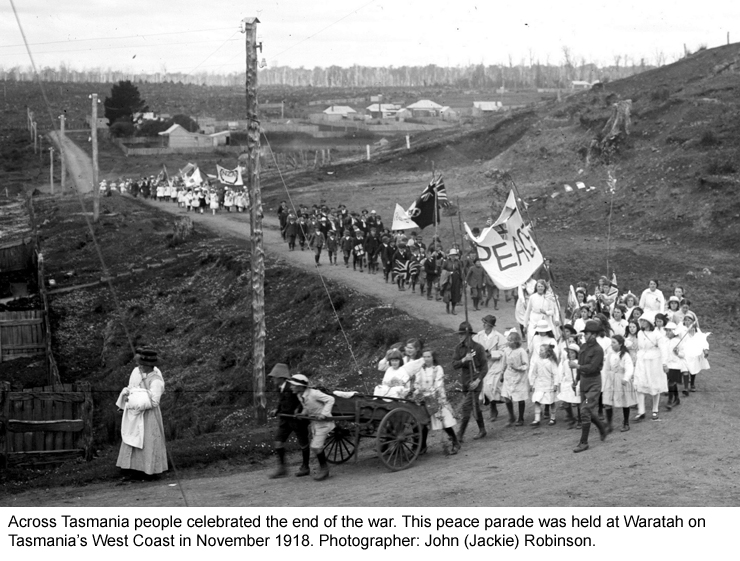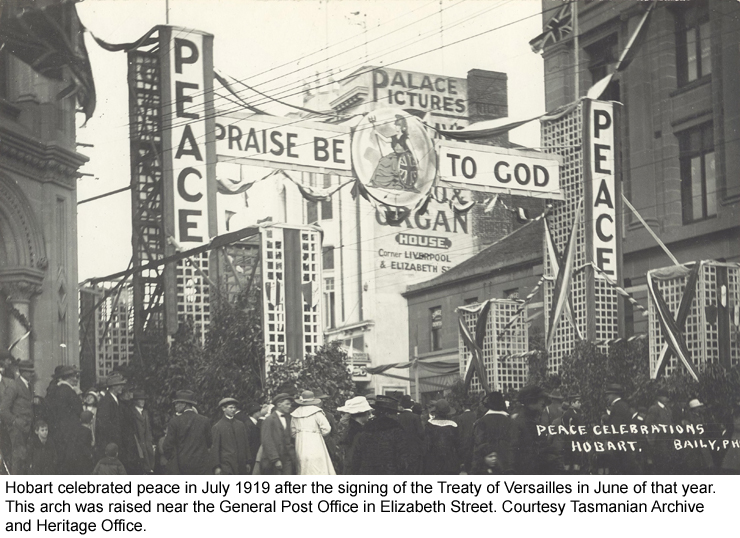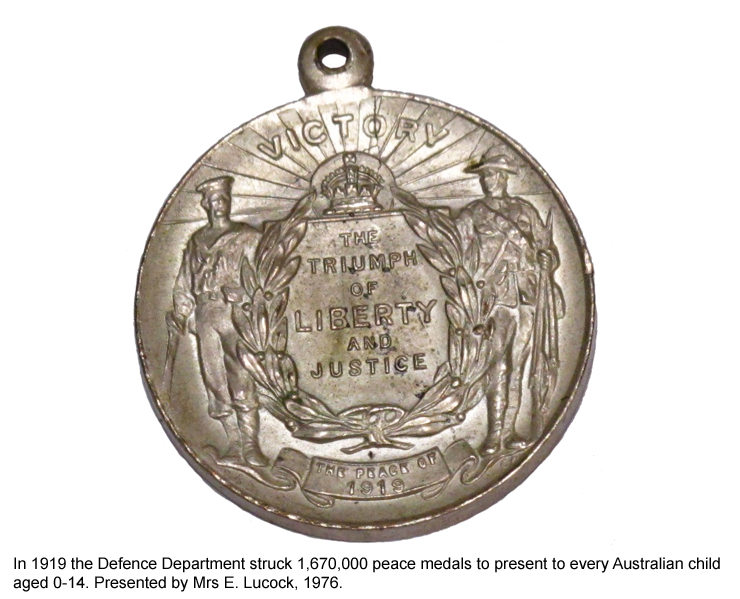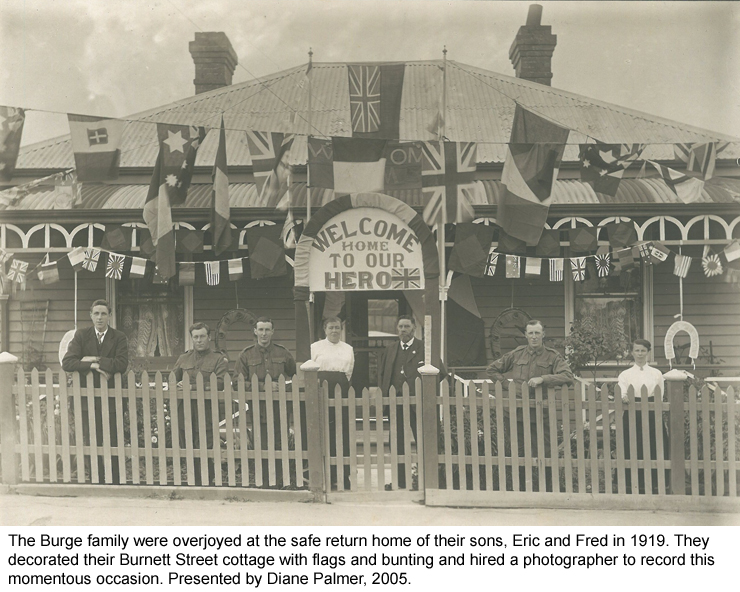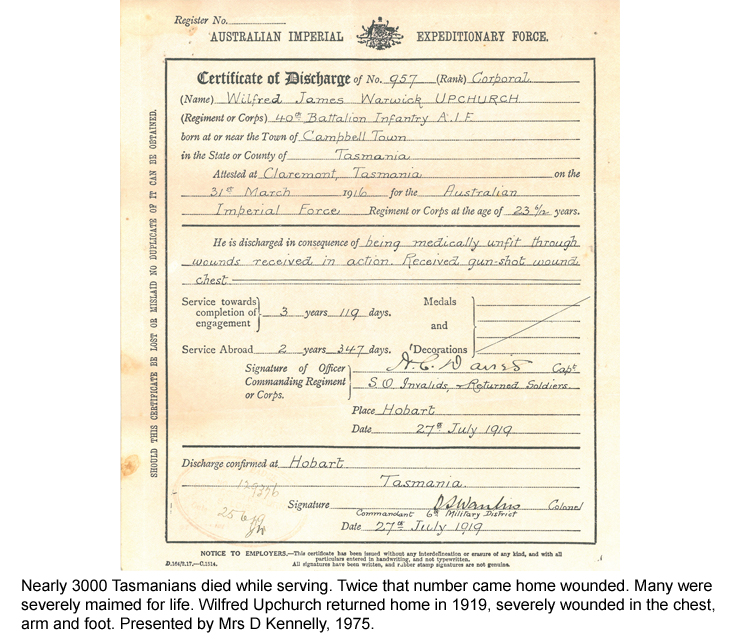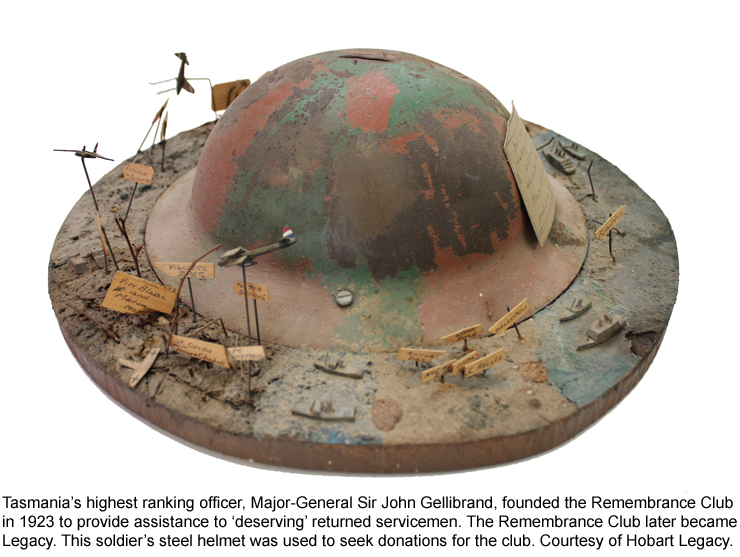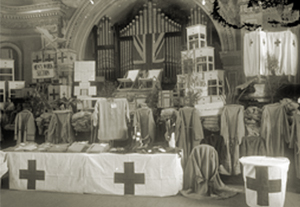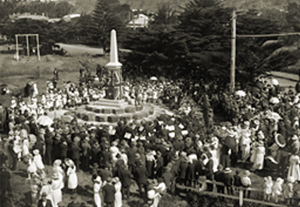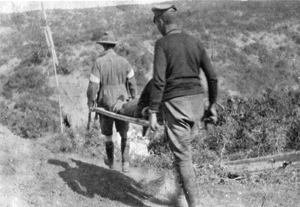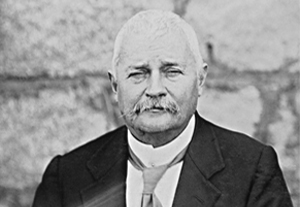After the War
On 11 November 1918 the guns stopped. Across Tasmania people thronged the streets, wild with delight that the war had finally ended and impatient for the return of their loved ones.
The soldiers came home as heroes. Although celebrated as the embodiment of a new national spirit, many were shattered by their experiences. Returning was rarely easy. Many men were severely affected by wounds and illness. Disfigured, debilitated by gas, limbs lost – and these were just the visible wounds. Shell-shock ravaged men that could not forget. Venereal disease was a silent killer, an unmentionable shame which affected many men and consequently their wives and later their children.
Society had to accommodate the return of large numbers of men who could not work or whose capacity had been drastically reduced. Families struggled to cope with men forever changed by unimaginable horrors, to care for the seriously wounded or endure the rages that arose out of the stress and memories of war service.
The government paid pensions and offered loans for returned men to take up farming on Soldier Settlement blocks, or build War Service Homes. Organisations such as returned servicemen’s clubs, Legacy and veterans’ associations formed to provide support and welfare for men and their families, but the memories of war lingered.
